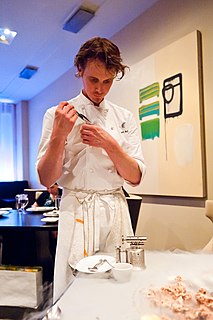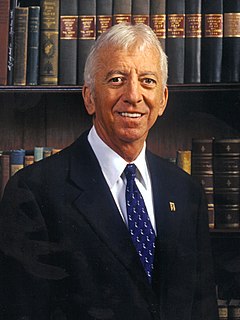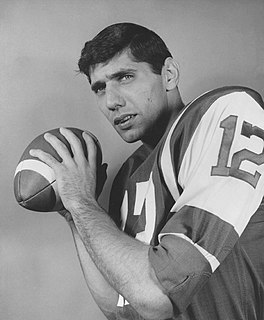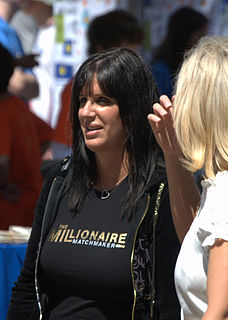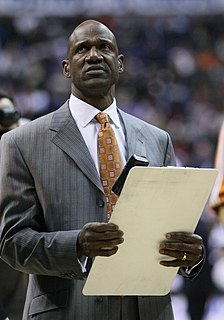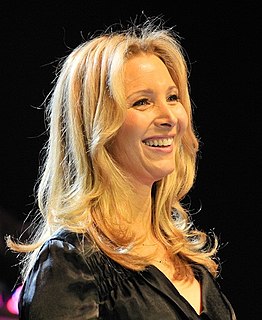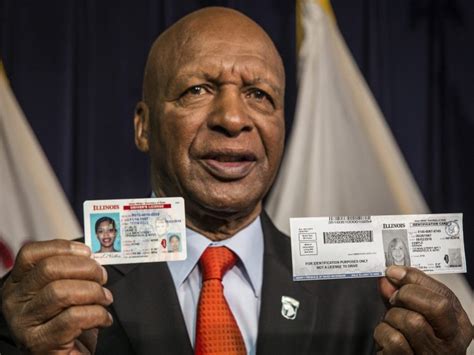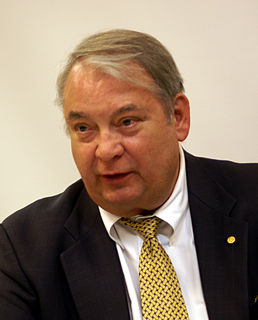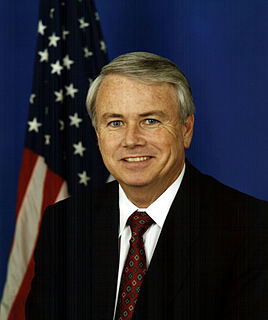A Quote by Grant Achatz
I was a completely below-average high school student. I never went to college.
Related Quotes
High school was interesting. For a lot of people, high school was just a big social experiment, and I think the value of high school was not so much learning how to be a great student... but I think it's learning how to interact with people and be social. I would say that in that endeavor, I completely failed.
As a senior, you may be wondering what you want to do with your life after high school. College? Travel? Get a job? Options are limitless, but it will be good to have a plan. Use the high school senior quotes about life below to come up with ideas on what you want to make of yourself after high school. The person who doesn't scatter the morning dew will not comb gray hairs.
When the students were asked to identify their race on a pretest questionnaire, that simple act was sufficient to prime them with all the negative stereotypes associated with African Americans and academic achievement. If a white student from a prestigious private high school gets a higher SAT score than a black student from an inner-city school, is it because she’s truly a better student, or is it because to be white and to attend a prestigious high school is to be constantly primed with the idea of “smart”?
Very few college professors want high school graduates in their history class who are simply "gung ho" and "rah-rah" with regard to everything the United States has ever done, have never thought critically in their life, don't know the meaning of the word "historiography" and have never heard of it. They think that history is something you're supposed to memorize and that's about it. That's not what high school, or what college history teachers want.
